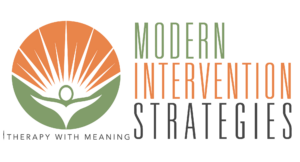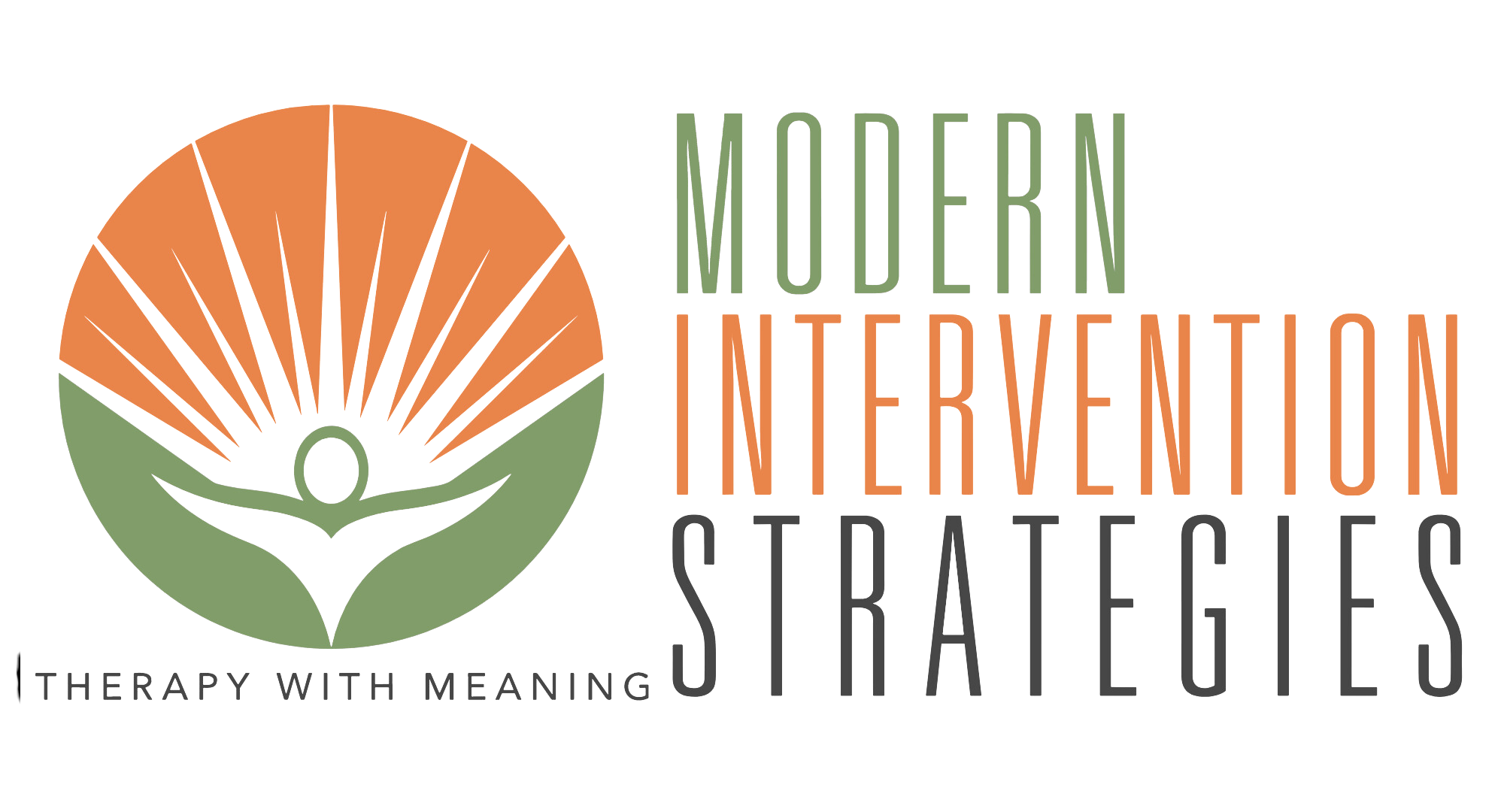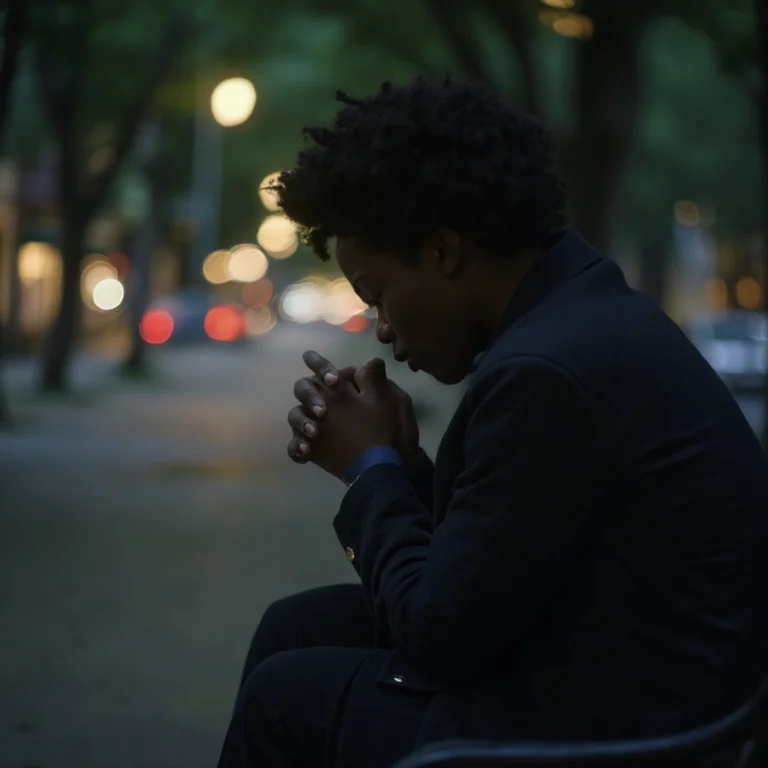Anxiety Therapy for High Achievers: Find Calm Without Losing Your Edge
For high-achieving professionals, anxiety isn’t just stress; it’s constant.
Back-to-back meetings. Never-ending deadlines. Team demands. Emails that never stop. Your body feels it: racing heart, tight chest, restless sleep, and an edge of irritability that feels unlike you.
You’re not just overwhelmed. You’re stuck in a cycle that won’t slow down.
At Modern Intervention Strategies, we understand the pressure that comes with ambition. Our therapy approach helps you regain calm, clarity, and control without losing the drive that fuels your success.
You don’t have to choose between peace and performance.
We’ll help you have both.
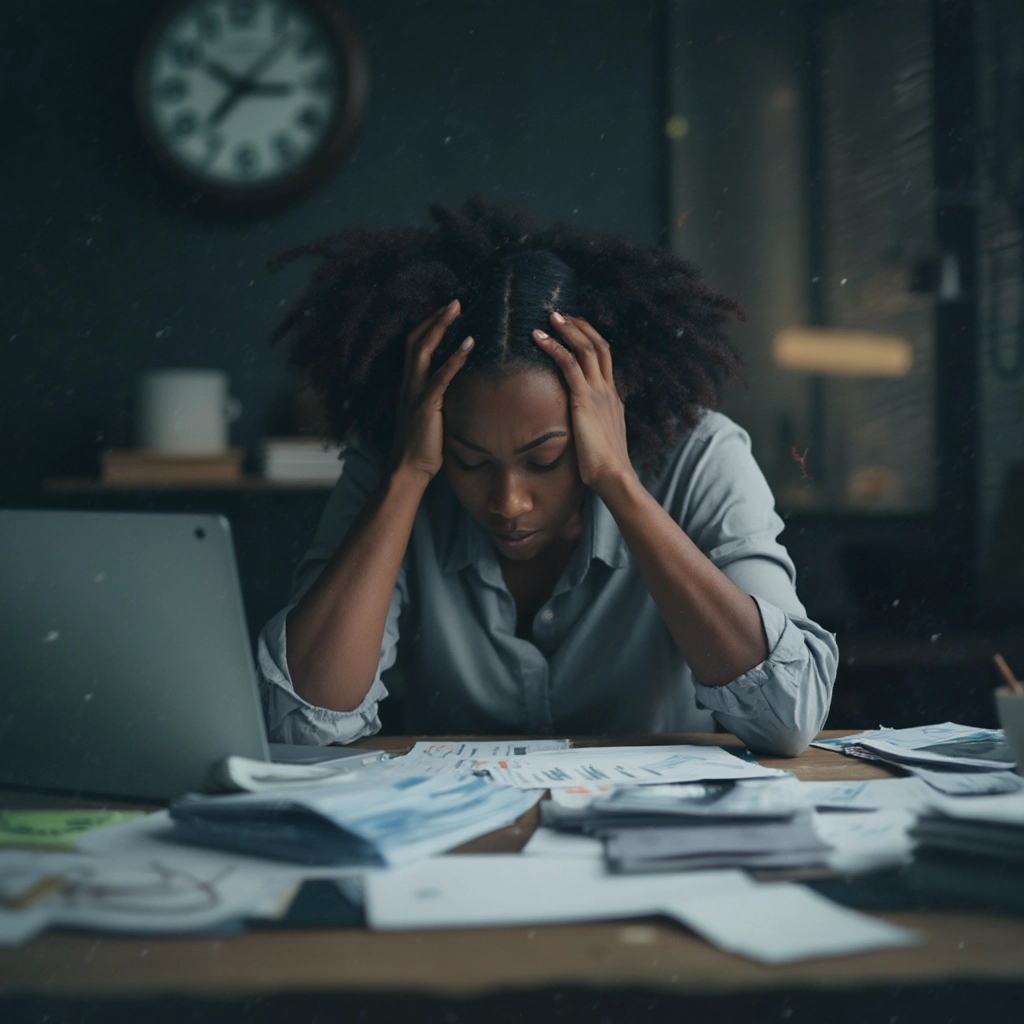
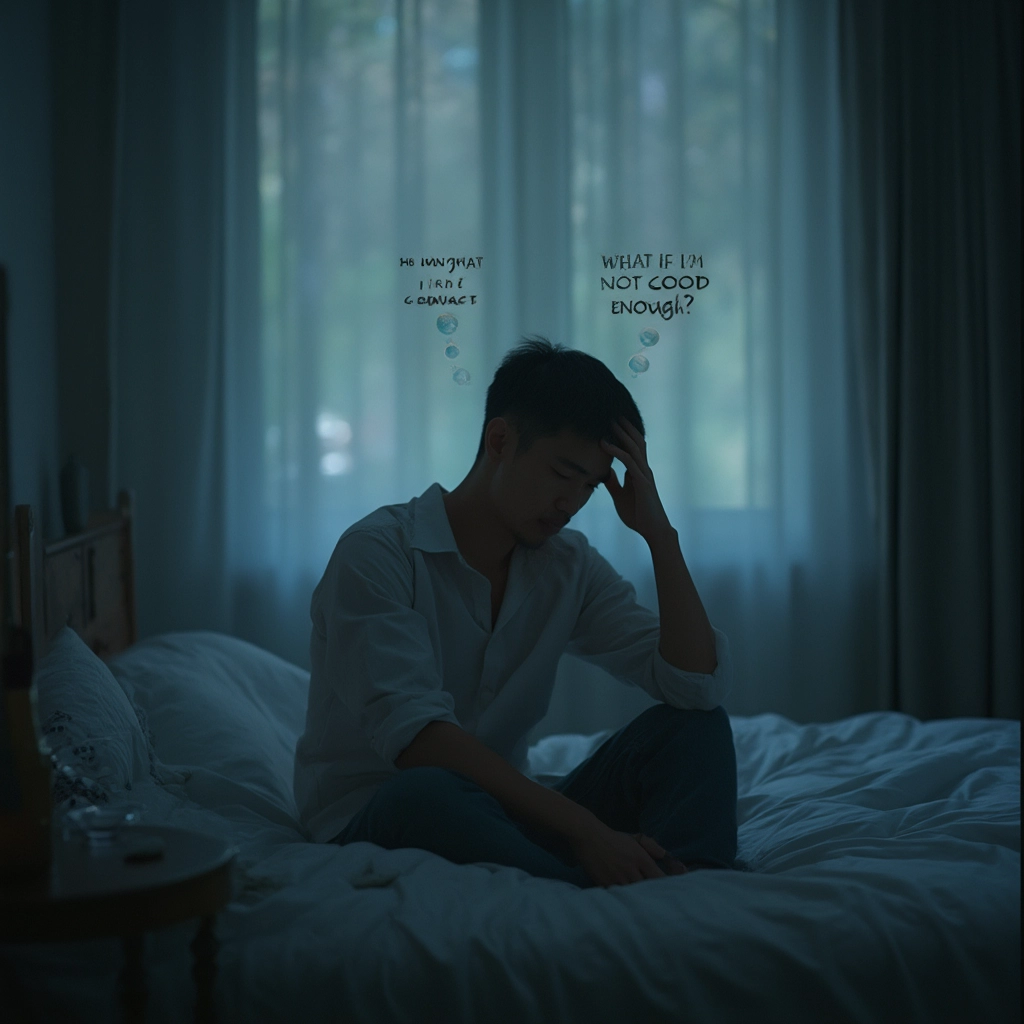
You’re Not Failing, You’re Exhausted: Therapy for High-Achieving Professionals with Anxiety
Feeling anxious doesn’t mean you’re broken.
It means you’ve been carrying too much for too long without enough support.
The pressure to perform. The fear of not being enough. The constant mental chatter that keeps whispering,
“What if they find out I can’t keep this up?”
It’s isolating and exhausting.
And sometimes, what looks like relief, like a few drinks to take the edge off, adds more fuel to the fire.
The next day hits harder. The dread is deeper.
But you don’t have to stay stuck in this cycle.
At Modern Intervention Strategies, we help high-performing professionals like you break free from the anxiety spiral without losing your edge.
You can feel calm, clear, and fully like yourself again.
Anxiety Doesn’t Discriminate, But You Can Take Back Control
Anxiety doesn’t care about titles, salaries, or how composed you appear. It can take the reins silently, making you feel like you’re losing control.If you’ve ever thought, “My anxiety is ruining everything,” know this: recognizing it isn’t a failure; it’s the first step toward reclaiming your clarity and peace.
At Modivent, we approach anxiety without judgment or shame. You’re not alone, whether it’s racing thoughts, self-doubt, or the exhaustion that follows.
You don’t have to keep living at the mercy of your mind. There’s a way forward, starting with being seen, heard, and supported.

Our Expert Approach to Anxiety Therapy
We combine evidence-based practices such as Cognitive-Behavioral Therapy (CBT) and mindfulness techniques tailored specifically for leaders. These methods are not just about coping but transforming anxiety into a source of strength by:

Reduced Anxiety and Enhanced Focus
Manage and reduce anxiety with clarity to improve decision-making abilities.

Improved Sleep and Better Health
Sleep better with proven strategies to alleviate physical symptoms of anxiety. Increased Energy and Resilience: Regain vitality and enhance your ability to handle stress effectively.
Types of Anxiety Disorders and Symptoms
Anxiety shows up in different ways, and knowing which type you’re dealing with makes a difference. Here’s a quick breakdown:
Generalized Anxiety Disorder (GAD)
Ongoing, excessive worry about everyday things, work, health, finances. It feels like there’s always something to stress over.
Social Anxiety Disorder
Intense fear of social situations, often leading to avoidance. The thought of public speaking or even small talk can be paralyzing.
Panic Disorder
Sudden, intense episodes of fear or discomfort, often mistaken for a heart attack. Panic attacks can feel like losing control.
Postpartum Anxiety
Anxiety that emerges after childbirth. It’s more than just “baby blues”, it’s persistent worry that something bad will happen to the baby.
Mixed Anxiety and Depressive Disorder
A blend of anxiety and depression symptoms, creating a constant state of unease and low mood.
Specific Phobias
Intense fear of specific objects or situations, like heights, flying, or spiders. These can trigger anxiety or even panic attacks.
Obsessive-Compulsive Disorder (OCD)
Repetitive, intrusive thoughts (obsessions) and behaviors (compulsions) aimed at reducing anxiety.
Panic Attack vs. Anxiety Attack
Panic attacks are sudden and intense; anxiety attacks build up gradually, but both can be overwhelming.
How to recognize symptoms of anxiety during your professional or personal life
- Physical Symptoms: Heart palpitations, sweating, dizziness, and muscle tension.
- Mental Symptoms: Racing thoughts, fear of losing control, or feeling detached.
- Behavioral Symptoms: Avoidance of certain situations, compulsive behaviors, or withdrawal.
When and how to look for therapy for anxiety
Recognizing when anxiety is too much to handle alone is crucial. Here’s how you know it’s time to get help and where to find it:
Signs You Need Help:
- Anxiety interferes with daily life: work, relationships, sleep.
- You feel out of control, overwhelmed, or constantly on edge.
- Physical symptoms like chest pain, headaches, or stomach issues are frequent.
- Avoiding situations or places due to anxiety.
How to Get Help:
- Anxiety Hotline: Immediate support when anxiety spikes. Talking can help calm intense feelings.
- Online Support Groups: Connect with others facing similar struggles. You’re not alone in this.
- Getting an Anxiety Diagnosis: A professional can assess your symptoms and guide you toward the right treatment plan, whether that’s therapy, medication, or both.
Seeking help isn't a sign of weakness; it’s a step toward taking back control. Explore more about finding the right support for your anxiety.
Explore More About Anxiety Treatments, Tips and Guides
- Interested in medication? Learn about different anxiety medications, from non-addictive options to over-the-counter choices and even the best antidepressants for sleep and anxiety.
- Thinking about natural methods? Check out guides on the best natural therapy for anxiety, strongest natural anxiety medication, and how to manage anxiety without relying on drugs.
- Want to understand therapy options? Find out more about CBT for social anxiety and other therapeutic approaches tailored for specific anxiety types.
- Looking for practical tools? Discover anxiety tools and worksheets that can help you develop coping skills and reduce anxiety in your daily life.
